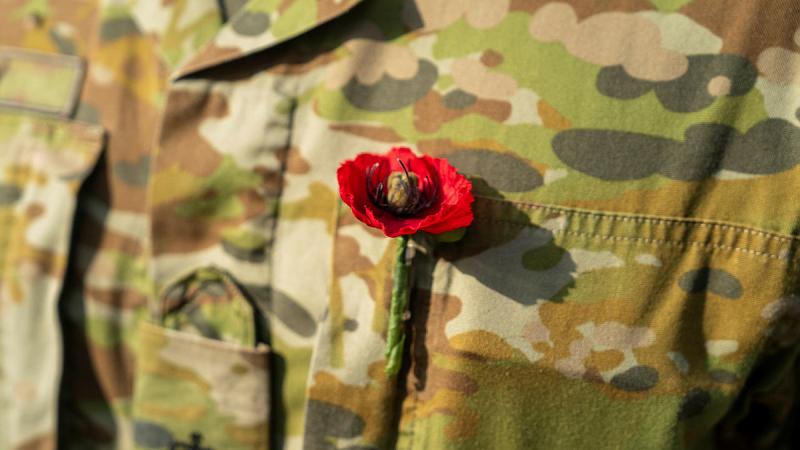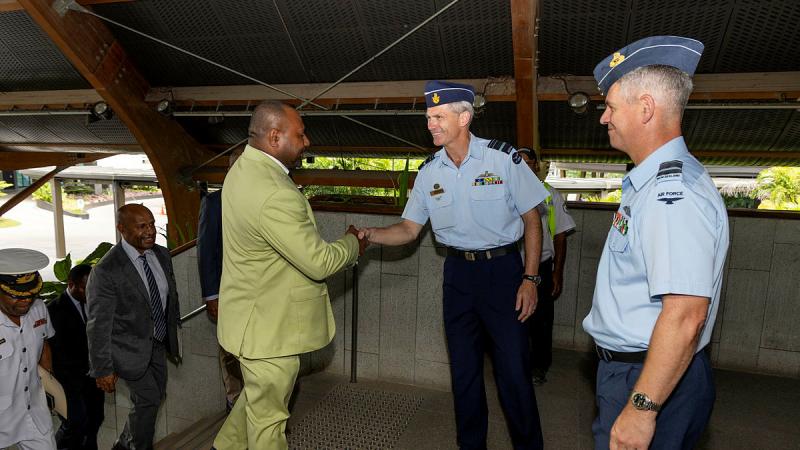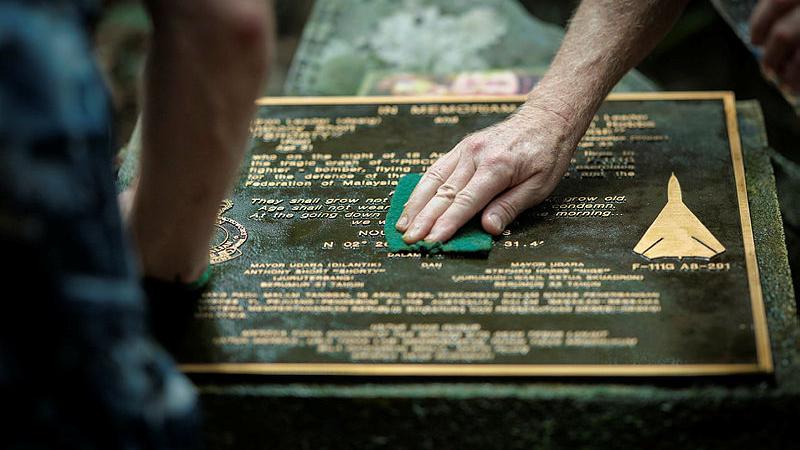Australia has struck a significant defence deal this morning, launching a new missile pact with the US and Japan to combat China’s military threats. And the Prime Minister joins us now live from Brisbane. PM, good morning to you. You’ve struck a deal on missiles with Japan. How’s that all going to work?
ANTHONY ALBANESE, PRIME MINISTER: Well, what we have done, when I was in Japan last year, was upgrade our security relationship with Japan. This is a deal between Australia, Japan and the United States to enhance our capability. We want to cooperate with countries in the region, and in particular Japan, of course, is an advanced technology nation and the US is our closest ally.
STEFANOVIC: So what’s it actually going to mean? And secondly, how is that going to swing with China? You really are winding them up at the moment.
PRIME MINISTER: Well, it’s about increasing our defence capability and that’s in Australia’s national interest. And we’ve said with China that we’ll cooperate where we can, we’ll disagree where we must, but we will always engage in a constructive manner and that’s what we’re continuing to do and we’ve seen the product of that constructive engagement.
STEFANOVIC: You’re poking a bear, though.
PRIME MINISTER: Well, we’re engaging constructively. This is about our national defence and all nations have a right to ensure that their defence capability is maximised. That’s precisely what Australia is doing.
STEFANOVIC: Okay. Do you have a formal plan to recognise Palestinian statehood, or was that just much ado about zip?
PRIME MINISTER: Well, we consistently have said that in the Middle East, there needs to be a two-state solution. The right of Israel to exist within secure borders, without being threatened by organisations like Hamas that are committed to the destruction of Israel, it has no role to play in the Middle East, but we need justice for Palestinians. We know that there’s been this circle cycle of violence over a long period of time, my entire lifetime, this has been an issue, Karl, for me and you. And we know that the solution is a two=state solution, and what the world is doing is engaging in discussions about how that might come about.
STEFANOVIC: But separating Hamas and a Palestinian state is like kind of separating the milk and the dark chocolate in the Cadbury top deck. I mean, it’s just about impossible, isn’t it?
PRIME MINISTER: Well, that’s not right. That’s not right. When you look at the Palestinian Authority in the West Bank is not run by Hamas. And we need to make sure that Hamas has no role. What we need to do though, is to make sure that Palestinians can have hope of a secure future as well. We’ve seen generations consigned to conditions that are completely unacceptable, and that’s been a source of tension. And what we need to do is to look beyond what happens post the current conflict. And a two-state solution is something that does need to be advanced. As the United States, the United Kingdom and all of our like-minded countries have said.
STEFANOVIC: Will you support a plan at the UN or will you just wait and see what they come up with?
PRIME MINISTER: We’re engaging with our friends and partners. I’ve issued a number of statements, including with the Prime Minister of Canada and New Zealand, joint statements which have all called for a two state solution. The recent ASEAN meeting did that as well. We have been very consistent over a long period of time.
STEFANOVIC: So, for the benefit of those, given what you’ve just said, then of those marginal seats, pro-Palestinian independents and the Greens are chasing that you need to win at the next election. This announcement is really, at this point, nothing more than a thought bubble?
PRIME MINISTER: No, this is about being a serious player, about real solutions to the Middle East conflict. That’s what this is about. Looking beyond the current conflict and engaging, as we have been doing so with our partners. And if you look at the position, position of President Biden and the British Foreign Secretary Cameron, who was recently in Australia, of course. He’s a conservative leader and a former British Prime Minister, of course, has said very similar things.
STEFANOVIC: Okay, let’s roll on. Your Made in Australia policy, it’s just a neat way of bundling existing announcements, isn’t it?
PRIME MINISTER: No, it’s more than that, Karl. What it is, it’s a vision for how Australia can take advantage of the opportunity for job creations and new industries. There’s a race for jobs and opportunity on and it’s a global race and Australia must be in it to win it. This isn’t about the old protectionism, it’s about the new competition. A competition for new industries like battery production, like green hydrogen, green metals being produced. And it’s happening already. We saw just on Monday, electrolysis being launched here in Gladstone in Queensland. We’ve seen in Whyalla green steel being envisaged with the turning off of the coal furnace down there. These are the sort of things that we need to do.
STEFANOVIC: Okay. Do you think it’s right to use taxpayer cash and Commonwealth debt to cherry pick big companies to invest?
PRIME MINISTER: The point here is, Karl, there’s a global race on. And if Australia just sits back and is disengaged, then the world will go past us. We want a private sector led activity, but where government investment is needed in order to advance Australia’s national interests, we must be prepared to do so. That’s why we’ve established a National Reconstruction Fund. That’s why we’ve established Hydrogen Headstart and the Solar Sunshot program. We can’t afford to be vulnerable as well as an economy by not making things here, by being dependent just on what happens offshore. And we also can’t afford to continue to export all our resources, wait for someone else to add the jobs and the value and then import it back. We need a future made in Australia, and that’s what our vision is.
STEFANOVIC: All right. I’m not sure how that’ll go with the cost of living and them being cheaper items, but a vision for more manufacturing in Australia is something I think Australians will support.
PRIME MINISTER: We can compete. Karl, that’s the point. We have everything that goes into a battery for example, copper, nickel, lithium. And we can make things here in a way that is cheaper. We can use green hydrogen. We have a lot more space than they have in North Asian economies, and we can use that to use green hydrogen to produce green steel and green aluminium. And unless we do that, the world will go past us.
STEFANOVIC: We’ve got to run. Your minders are getting very upset with us. Thanks, PM. Good to talk to you.








